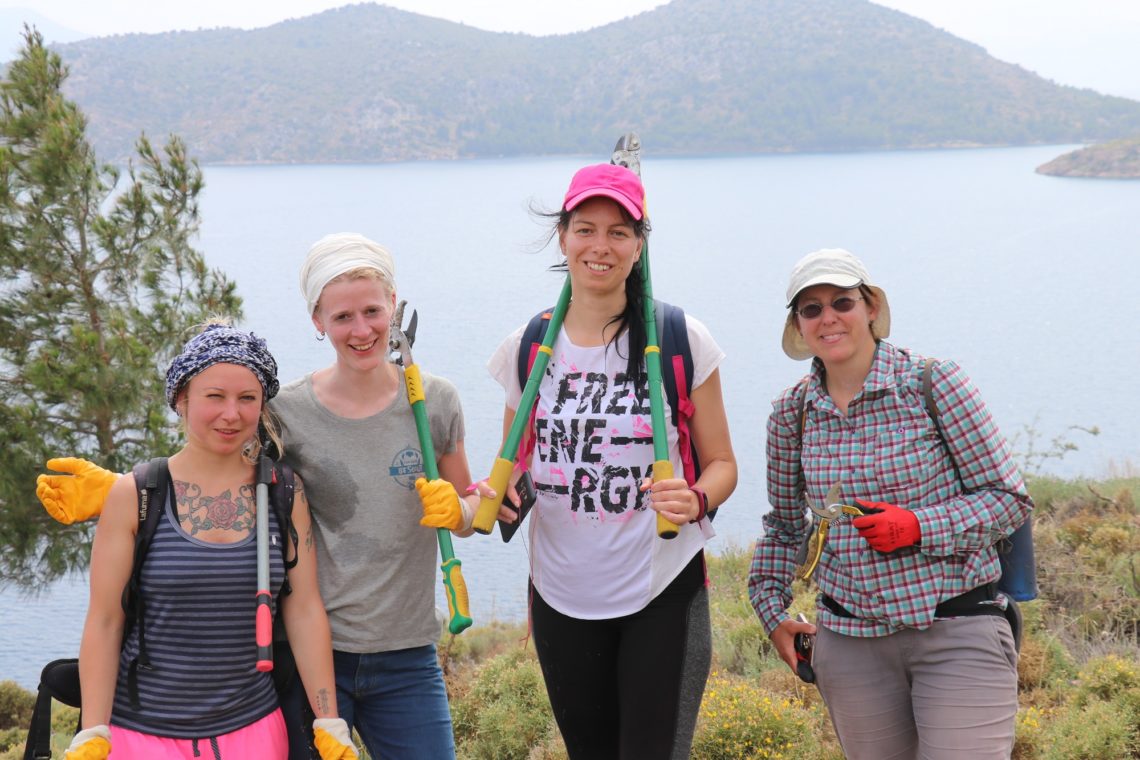
Bush Whacking on the Carian Trail
By Jennifer Baljko
Sweat drips into my eyes. I lay the loppers (my large borrowed pruning scissors) on a rock, and take off my smelly gardening gloves. I twist the bandana off my neck and wipe my dirty brow.
I might as well have some water, too, I tell myself, retrieving my bottle from my daypack. Joseph, one of our team leaders, is always reminding us to stay hydrated. It’s pretty hot and humid already in May, and parts of the Carian Trail, one of Turkey’s long-distance hikes, are exposed to open sun.
Onat, the field leader from the Culture Routes Society, the organization that oversees and manages the trail, passes me. He carries a small machete in one hand and has a bluetooth speaker dangling off his pack.
“Are you ok?,” he asks. During the heat of the mid-day hours when our bush and vine cutting pace slows, we check-in with each other more often.
“Yeah, I’m great. Look at the view we have,” I say, pointing out towards the Aegean Sea. I smile and give him a thumbs up. “This one’s for you,” Onat says, getting his footing on the slight incline at the next bush up the path. He’ll hack through the wild myrrh branches sweeping over the trail, potentially threatening to break a future hiker’s stride.
 I catch the tune he’s playing. It’s “Stand by Me” by Ben E. King. Céline, another volunteer, and I were singing it a few minutes ago. It’s time for Round 2.
I catch the tune he’s playing. It’s “Stand by Me” by Ben E. King. Céline, another volunteer, and I were singing it a few minutes ago. It’s time for Round 2.
“And darling, darling stand by me
Oh, now, now, stand by me
Stand by me, stand by me.”
A few other volunteers around us hum or sing along. These moments bind us, and make us fast friends. It also helps make the manual labor we’re doing less tiring.
We’re at a volunteer work camp, and our job is to make it easier for hikers to do some sections of the 820-kilometer Carian Trail, which retraces footsteps of the ancient Carian people who once lived in southwest Turkey. Members of our group, which fluctuates between 12 and 15 people depending on the week, hail from all corners of the earth. We come from Turkey, France, Russia, Belgium, Mexico, China and Catalonia (the place I consider home these days). The winds brought us together to cut through jungles, trim back bushes, slice thorny vines and shin-scraping prickly weeds, and paint red and white guiding trail marks.
I’m still getting the hang of where to cut back bushes; I’m only here for a week. Instinctively, I don’t want to kill the flora. I’m a tree hugger who believes we need more living green things on the planet. But I’m also a walker, and I know how annoying it is to get smacked in the face by an out-of-control branch or to get tangled up on unrelenting vine that refuses to yield. I watch the others, some of whom have come for the full three-week camp. There are more women than men volunteers. Joseph, who has led several dozens of these camps in Turkey, Russia, France and Finland, says that’s normal. In his experience, the group ratio is about 65% women and 35% men. His theory is that volunteer work camps create a level of comfort for women travellers; they may come alone, but working in a group gives them a sense of safety while discovering a new place. Men, however, tend to be more culturally pressured to earn money, and the idea of volunteering for one to three weeks may be distant to them.
Soon, we hear the magic words: We’re done for today!
Sometimes we make great progress, like way-marking approximately 28 kilometers as small teams of three. Other times, I have been told, it took the whole group all day to cut 500-meters of dense jungle. Today, I think we did one or two kilometers. I don’t if that’s how much we were meant to do, but my arms definitely feel whatever portion I did.
We put our loppers behind our necks, looking like a bunch of farmers making their way home before the sun drops. We load ourselves and our gear into a minibus waiting for us at the trailhead. We ride to the market in one of the small villages to pick up supplies for tonight’s dinner and tomorrow’s breakfast and lunch. Tomatoes, cucumbers, eggs and bread are almost always part of the shopping list.
Some of the group will use the time to swim. Others will stroll around the village, popping in and out of shops selling magnets and postcards. Some sit at a café and have a tea. It’s a bit of quiet time to break away from the group.
Back at camp, which is on a beach with colorful sunsets, the dinner team starts another shift of work. Many others try to get into the shower before the hot water runs out. I’m one of them, but will be quick enough to join the to Belgian women making crepes with vegetables and a béchamel sauce. This may not sound like practical food to make on two gas camping stoves lit only by head-lamps, but they are irresistibly delicious!
The dishes crew sets off to wash the pile of bowls, cups, forks, spoons and pots. Water is boiling for one last cup of tea… we are in Turkey after all, where tea always flows. Some hang around our plastic dining table to chat before bed. Others find their toothbrushes, yawning back and forth from the camp area lined with tents to the toilets out back.
I put on my pajamas on and slip into my tent, and then into my sleeping bag. A cool sea breeze catches the top of my head as I zip everything up. I send a thank you kiss to the old fig tree protecting me like a bodyguard. I take a few deep breaths, grateful to be exactly where I am and with such a wonderful group of kind-hearted people.
I make one last wish. Please, roosters, sleep at least until 6 a.m. tomorrow. I know they won’t, but I ask anyway.
I close my eyes. I feel lucky to be here. I touched the Earth today. I worked part of a trail filled with eye candy in the form of turquoise and blue sea ripples. I helped people who will come after us have an easier journey. I sang with new friends.
“And darling, darling stand by me
Oh, now, now, stand by me
Stand by me, stand by me.”
I hum in my head as my weary body drifts off to sleep.
If you would like to volunteer for a future work camp, contact us at info@cultureroutesinturkey.com.
Jennifer Baljko is a Barcelona-based freelance writer. She is currently on a multi-year, 14,000-kilometer walking journey through Asia and Europe. She is blogging about her experiences at bangkokbarcelonaonfoot.com.
Note from Culture Routes Society:
Special thanks to group leaders Onat Alan and Joseph Favre-Felix and to all volunteers who put in a lot of effort for this work.
Thanks to:
_Muğla Ticaret ve Sanayi Odası for their logistic support,
_Kate Clow and Altay Özcan for sponsorship and coordination,
_Genç Tur for delivering the volunteers.
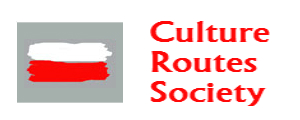
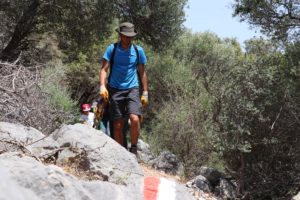
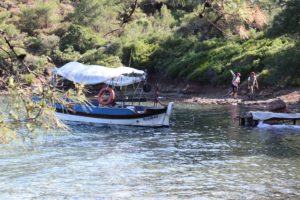
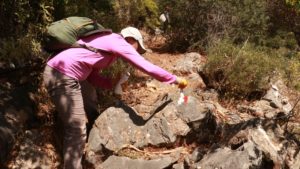
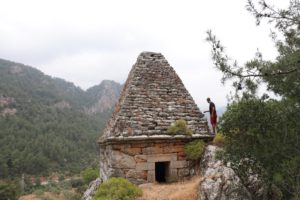
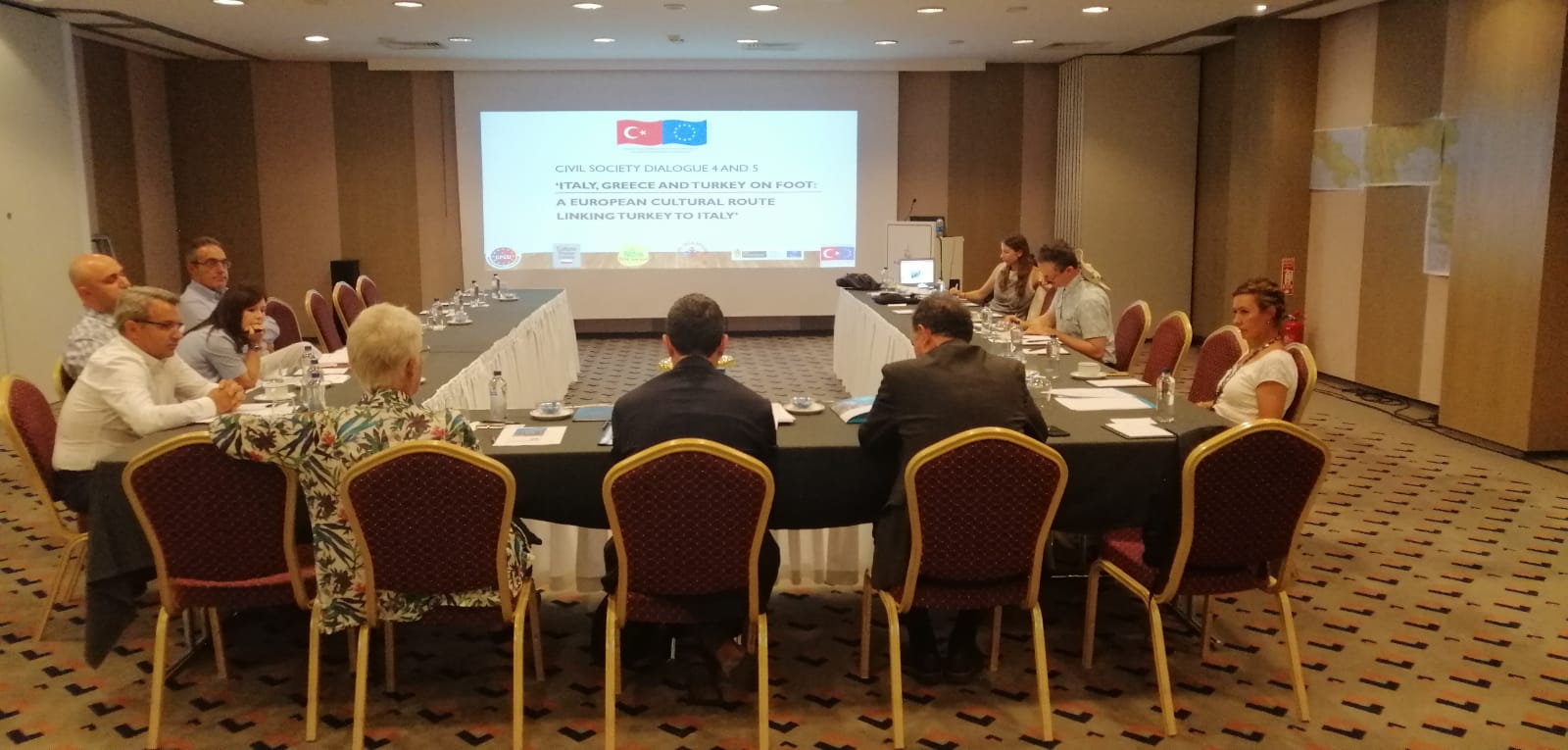
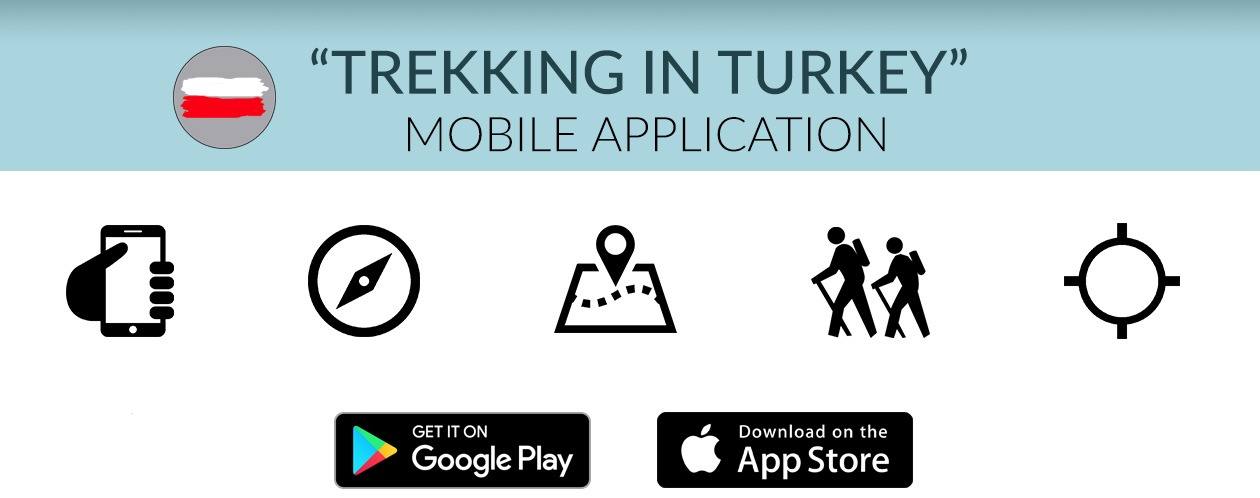
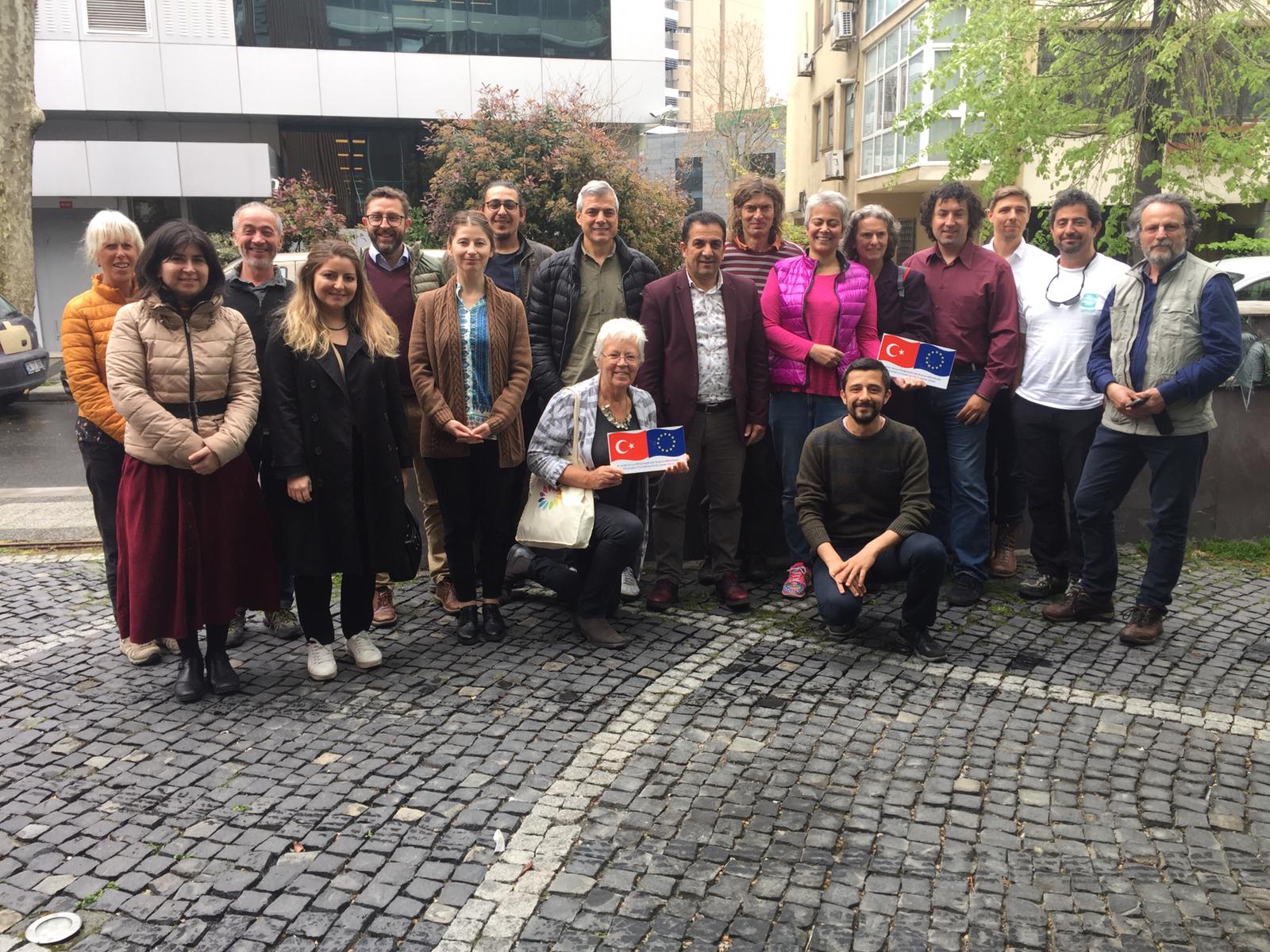
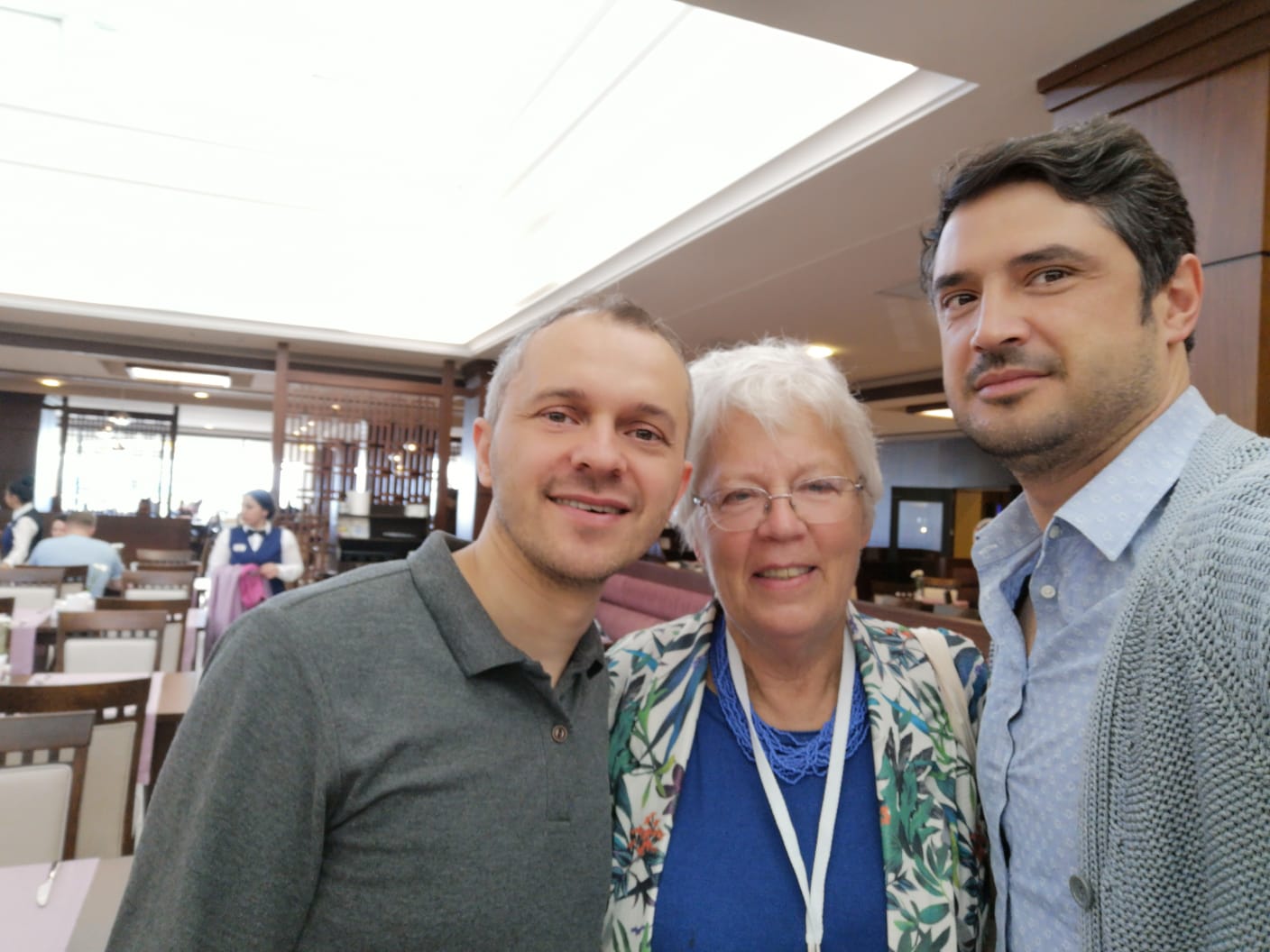
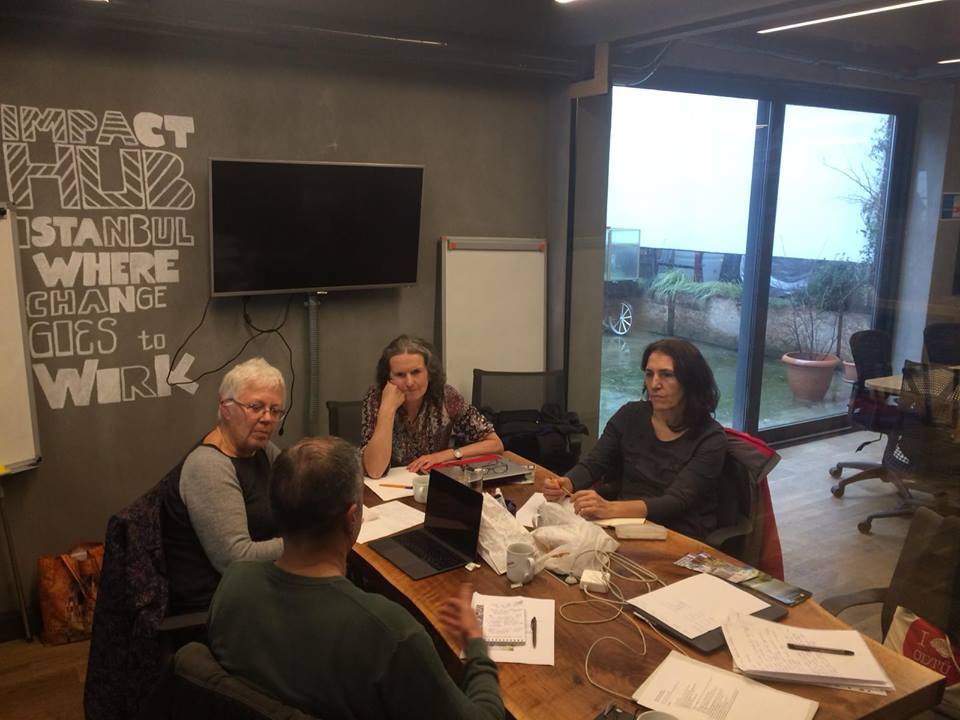
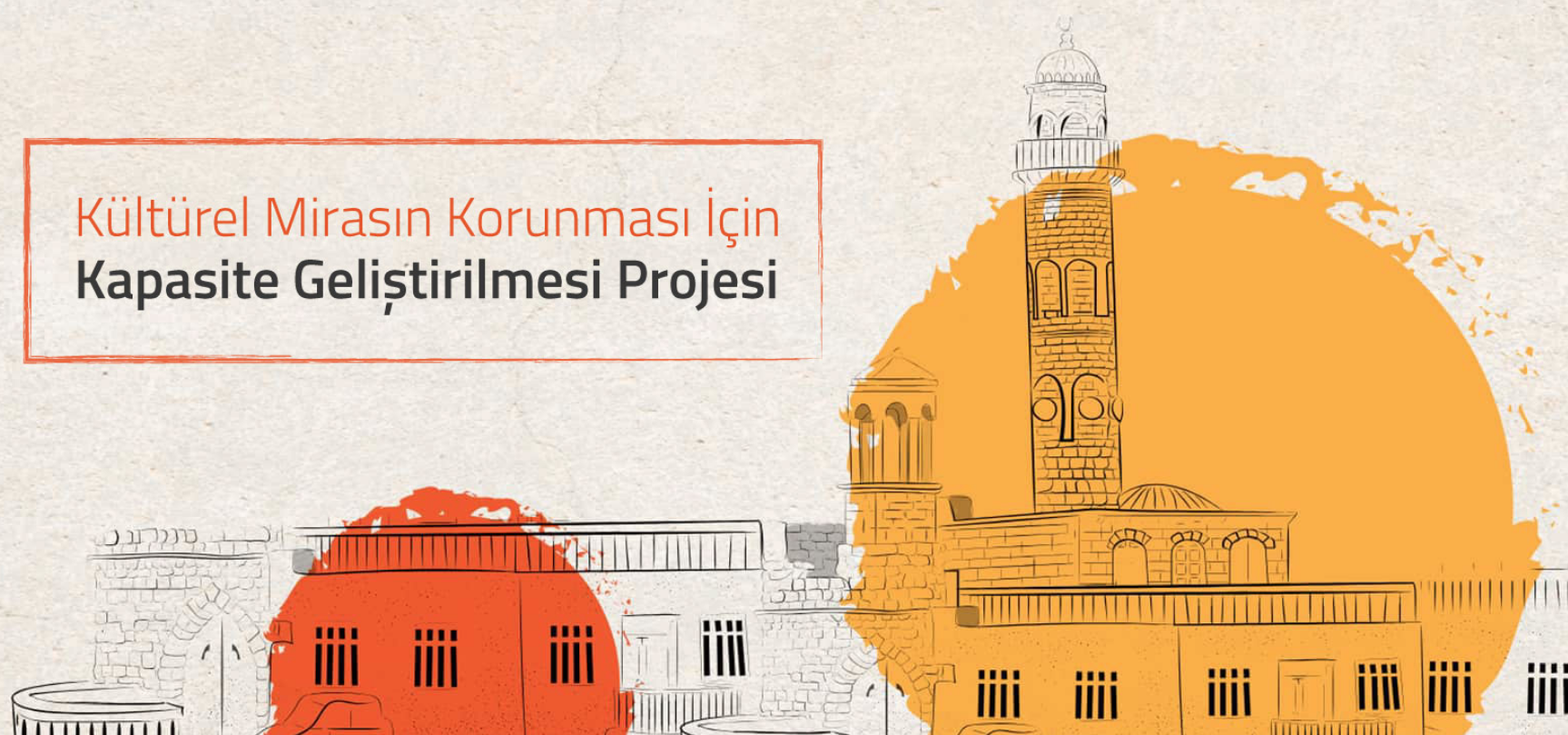
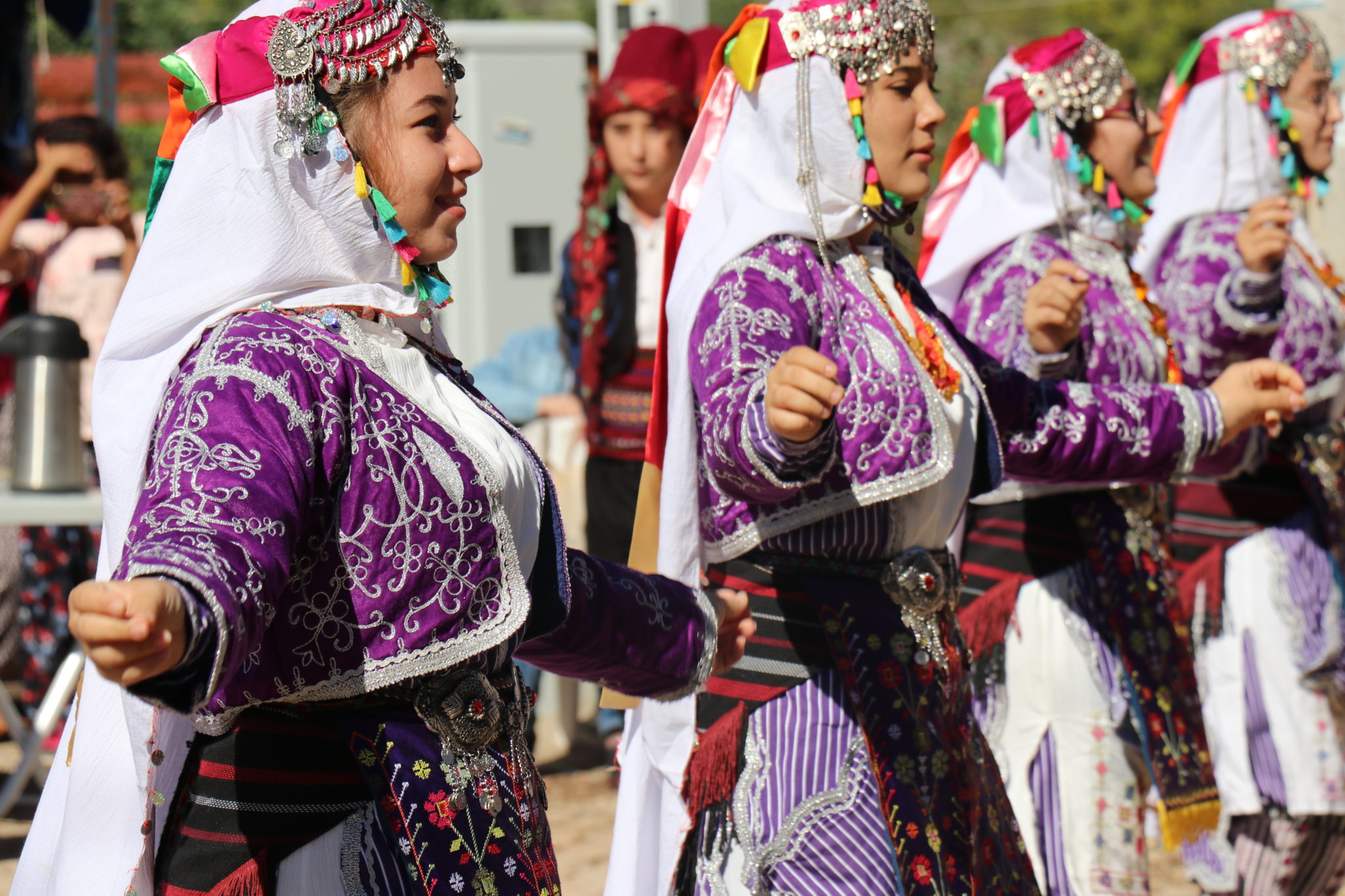
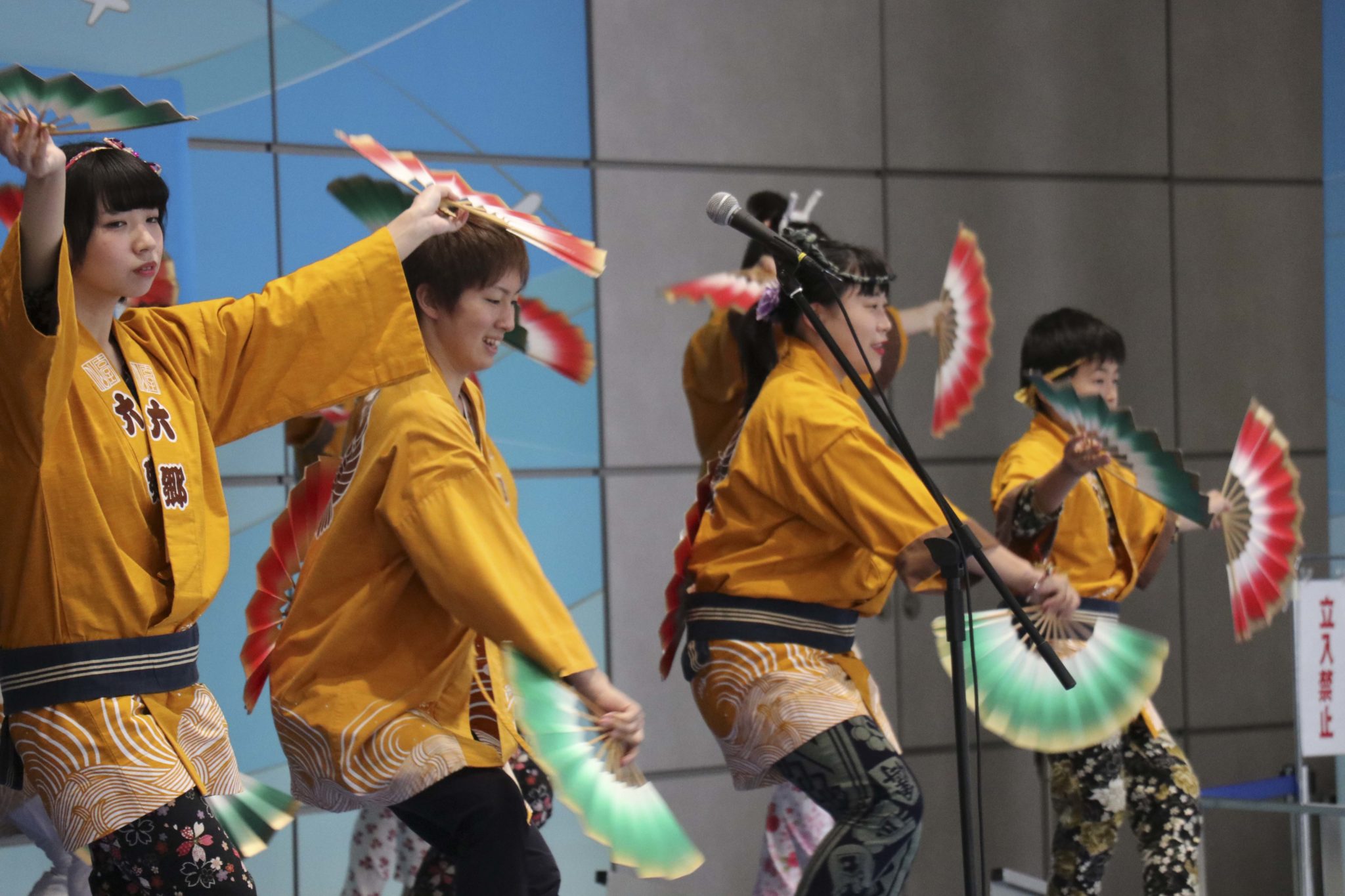
1 Comment
รับทำเว็บ WordPress
April 16, 2024
846080 208122Can I just now say that of a relief to locate somebody who truly knows what theyre speaking about online. You actually know how to bring a difficulty to light and work out it crucial. The diet require to see this and appreciate this side on the story. I cant believe youre no more popular since you definitely possess the gift. 861160
Write a comment: